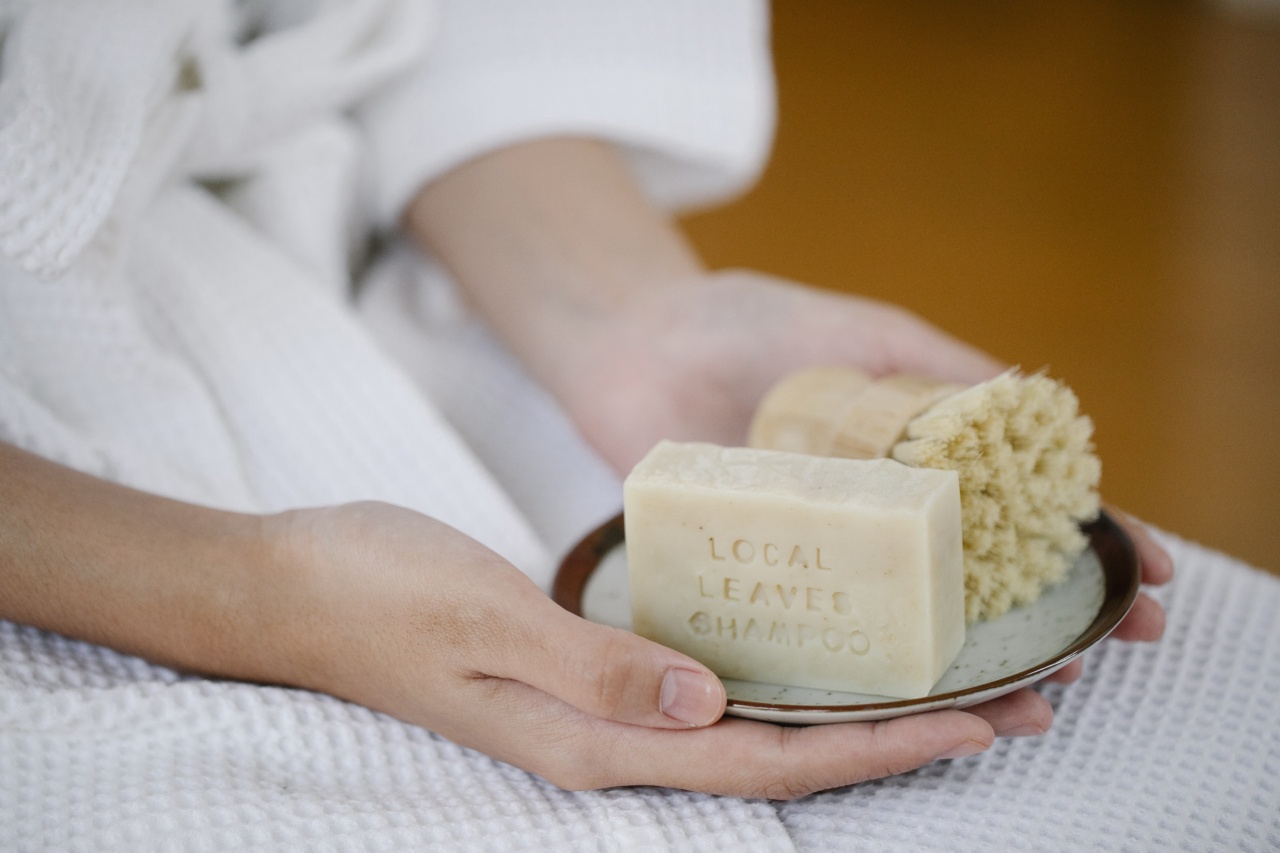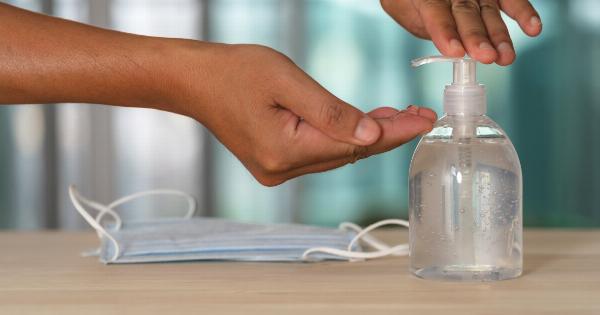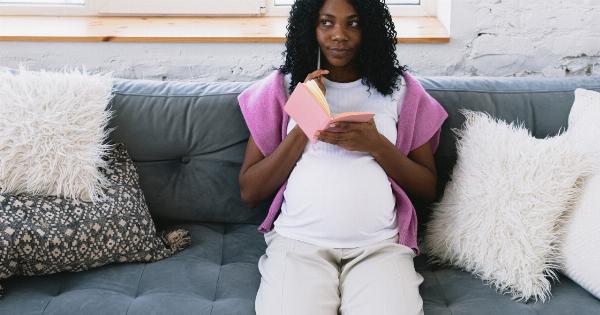Antibacterial soaps have been widely used in households for many years, and they have been believed to be effective in reducing the spread of germs and bacteria.
However, studies have shown that these types of soaps may not be as beneficial as we once thought, particularly for pregnant women. In this article, we examine the reasons why pregnant women should steer clear of antibacterial soaps.
What Are Antibacterial Soaps?
Antibacterial soaps are soaps that contain chemicals or agents that help to kill bacteria and germs. The most common ingredients used in these types of soaps are triclosan and triclocarban.
They are used in household soaps, body washes, hand sanitizers, and other personal hygiene products.
The Risks of Using Antibacterial Soaps
There are several risks associated with the use of antibacterial soaps, particularly during pregnancy. One of the main risks is that these soaps can disrupt the natural balance of bacteria on the skin.
The skin is home to a delicate ecosystem of bacteria that helps to protect the body from harmful pathogens. When this balance is disrupted, it can lead to a range of skin problems, including infections, rashes, and irritation.
Another risk of using antibacterial soaps is that they may contribute to the development of antibiotic-resistant bacteria. Overuse of antibiotics can lead to the development of drug-resistant strains of bacteria that are more difficult to treat.
The same is true for antibacterial soaps that contain triclosan and triclocarban. These chemicals can make bacteria more resistant to antibiotics, which can make infections more difficult to treat.
The Impact of Antibacterial Soaps on Pregnancy
One of the most significant concerns with antibacterial soaps during pregnancy is the potential impact they can have on the developing fetus.
Studies have shown that exposure to triclosan during pregnancy can disrupt the development of the fetal endocrine system, which can lead to hormonal imbalances and other health problems later in life.
Triclosan has also been shown to have an impact on the immune system, which can make pregnant women and their fetuses more susceptible to infections.
A weakened immune system can increase the risk of illness during pregnancy, which can have negative consequences for both the mother and the baby.
Alternatives to Antibacterial Soaps
Fortunately, there are many alternatives to antibacterial soaps that are safe for pregnant women and their fetuses. One of the best options is plain soap and water.
Regular soap is effective at removing dirt and germs from the skin without disrupting the natural balance of bacteria. If you prefer a scented soap, look for products that use essential oils instead of harsh chemicals.
Another alternative to antibacterial soaps is alcohol-based hand sanitizers. These products are effective at killing germs and bacteria without disrupting the natural balance of bacteria on the skin.
However, it is important to choose a product that does not contain harmful chemicals like triclosan and triclocarban.
Conclusion
Overall, pregnant women should be cautious when it comes to using antibacterial soaps. These products can disrupt the natural balance of bacteria on the skin, contribute to antibiotic resistance, and have negative consequences for the developing fetus.
Instead, opt for plain soap and water or alcohol-based hand sanitizers that do not contain harmful chemicals.




























